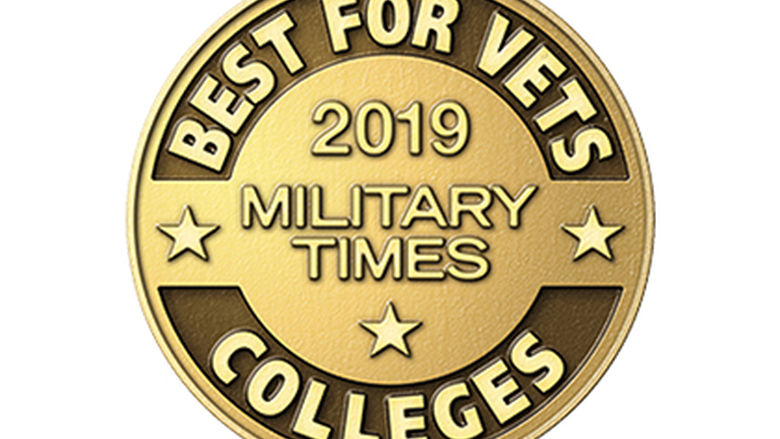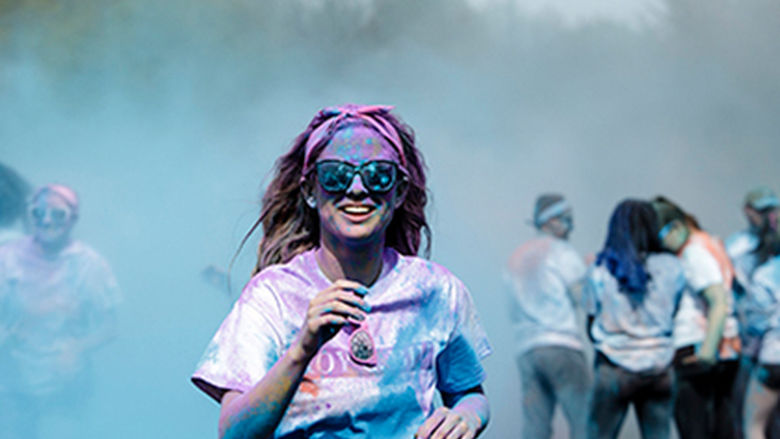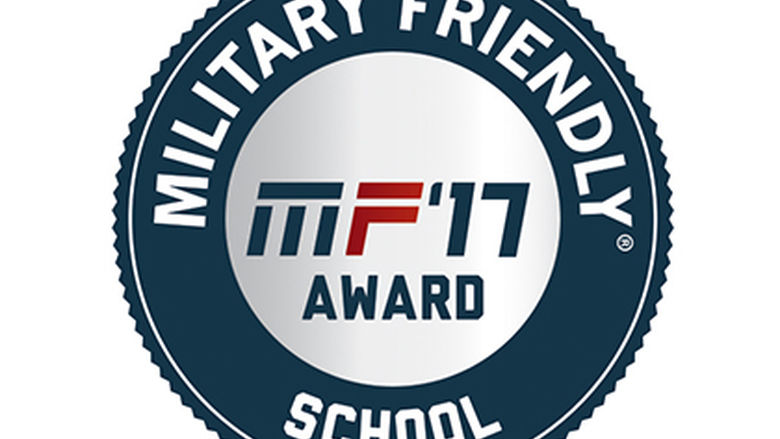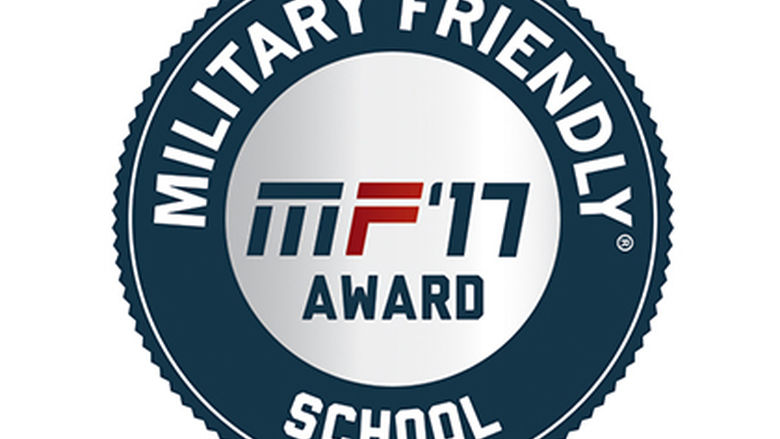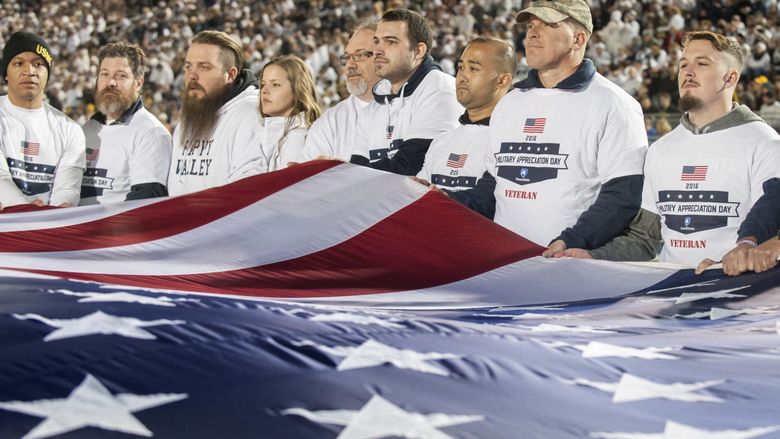READING, Pa. -- Penn State Berks students enrolled in the American Studies course “The Vietnam War in History and in Memory” had a unique assignment: to interview local veterans and compile their memories into a book, "The Vietnam War through the Eyes of Berks County Veterans."
It’s been more than 50 years since the Vietnam War began, but many veterans of that war can remember the circumstances and events like it was yesterday. The war ranks as one of the most controversial events in American history, affecting the nation’s foreign policy, politics and culture for many years.
The veterans were selected by Alexandria Yeager, an alumna who majored in American studies and was working for the college’s Center for Service Learning and Community Based Research. She called various local veterans groups to find willing participants.
"The Vietnam War through the Eyes of Berks County Veterans" includes transcribed interviews with 11 Berks County veterans. Each veteran was interviewed by a team of two students, except for one who was interviewed by a single student.
“The students prepared for the interview by reading about the process of oral history and collaborating on sets of questions,” explained Michelle Mart, associate professor of history and acting division head for Humanities, Arts and Social Sciences. “The interviews occurred in small rooms at the Thun Library on campus. They were recorded and the students made transcriptions from these recordings.”
All of the veterans were given the opportunity to review final transcripts and introductions and to make any factual corrections. The book was printed through funds from the Center for Service Learning and Community-Based Research, as well as The Howard O. and Jean Beaver Endowment for Community Service. The book was not sold, but given to veterans and their groups, as well as to local libraries and schools.
Mart believes that engaging in this type of community-based research has multiple purposes and benefits.
“Students get to understand the difference between learning about events from descriptive, third-person sources and learning about them directly from participants. Students are confronted with the complexities and differing interpretations of history in an inescapable, concrete way,” she said.
The opportunity to work on the project made a strong impression on students. “Speaking with the veterans left them with a more vivid understanding of the experiences of American soldiers and medical personnel during the war.”
Mart said that students and community members had the opportunity to connect in direct and respectful ways and collaborated in bringing history to a broader audience.
“In projects such as this, students often work across generational and community lines to learn from people they might otherwise not get to meet," she added."
